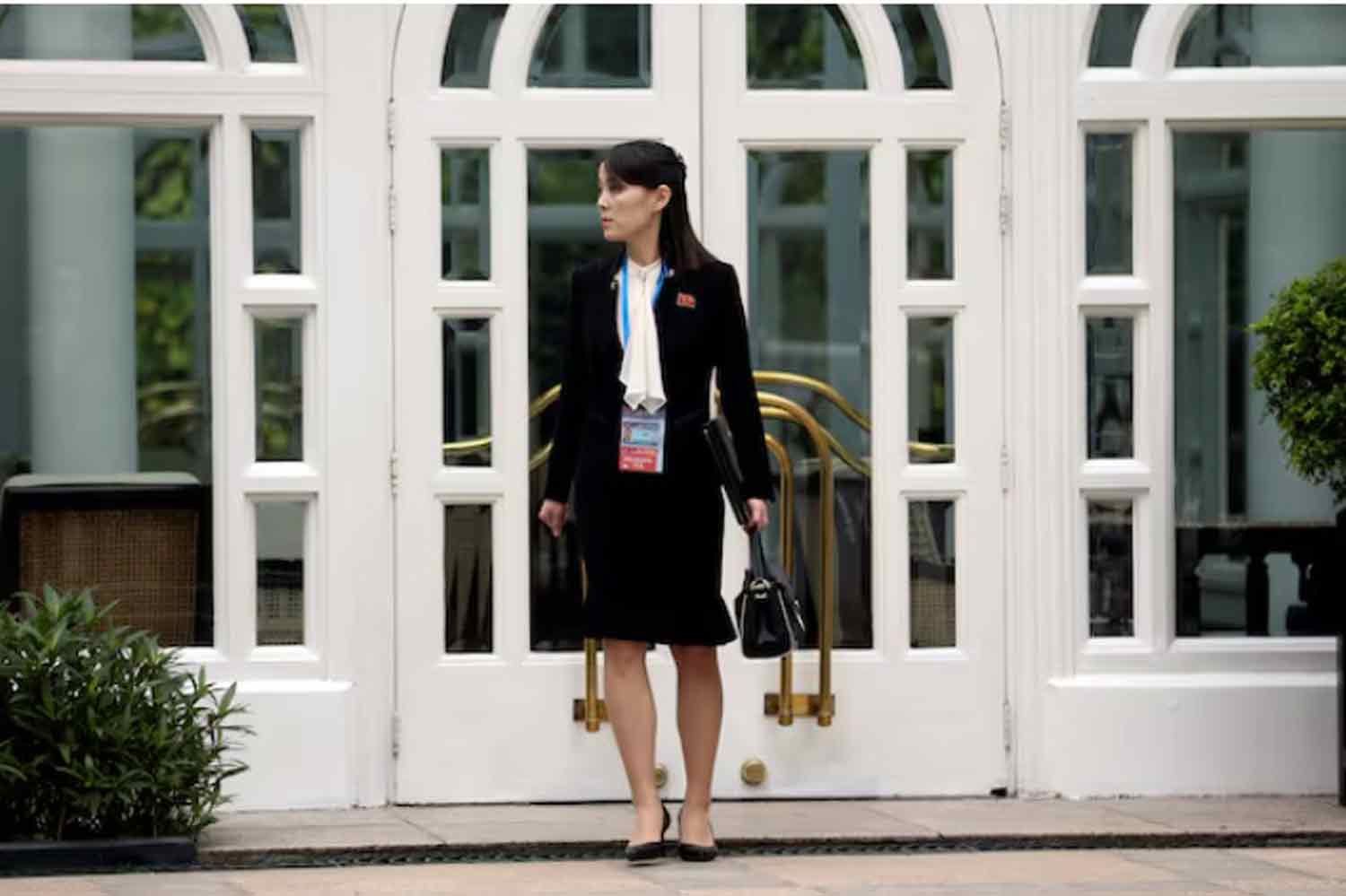The United Nations reported on Sunday that Israeli tanks had breached the gates of a base belonging to its peacekeeping force in southern Lebanon, marking the latest in a series of allegations regarding violations and assaults that have been condemned even by Israel‘s allies.
Israeli Prime Minister Benjamin Netanyahu urged the United Nations to withdraw the UNIFIL peacekeeping troops from combat zones in Lebanon. Shortly thereafter, the peacekeeping force indicated that it had observed further Israeli violations, including tanks entering a base without permission.
“The time has come for you to remove UNIFIL from Hezbollah strongholds and combat areas,” Netanyahu stated in a message directed to U.N. Secretary General Antonio Guterres. “The IDF has made this request multiple times, only to face repeated refusals, which effectively allows Hezbollah terrorists to use peacekeepers as human shields.”
Hezbollah, the Iran-backed militant group, has rejected Israel’s claims that it exploits the presence of peacekeepers for its own protection.
Five peacekeepers have been injured in a series of recent strikes targeting peacekeeping positions and personnel, with UNIFIL attributing most of the attacks to Israeli forces. Italian Prime Minister Giorgia Meloni, who is usually a strong advocate for Israel among Western European leaders, spoke with Netanyahu on Sunday and condemned the Israeli assaults.
Italy contributes over a thousand troops to the 10,000-strong UNIFIL contingent, making it one of the largest contributors. France and Spain, each providing nearly 700 soldiers, have also expressed their disapproval of the Israeli actions.
The Italian government stated, “Prime Minister Meloni emphasized that attacks on UNIFIL by Israeli armed forces are unacceptable.” Additionally, Israeli Foreign Minister Israel Katz confirmed on Sunday that the country has prohibited U.N. Secretary-General Guterres from entering Israel, citing his perceived failure to sufficiently condemn Iran for a missile attack earlier this month, as well as what Katz characterized as antisemitic and anti-Israel behavior.
UNIFIL was established in 1978 to oversee the situation in southern Lebanon. Since its inception, the region has experienced ongoing conflict, including Israel’s invasion in 1982, which led to an occupation lasting until 2000, and a significant five-week war with Hezbollah in 2006.
The recent Israeli offensive against Hezbollah has resulted in the highest casualties in Lebanon in decades, displacing 1.2 million people and delivering a severe blow to the organization by eliminating a majority of its senior leaders.
Israeli officials contend that UNIFIL has not succeeded in fulfilling its mandate under U.N. Resolution 1701, enacted after the 2006 conflict, which stipulates that the southern Lebanon border area should be devoid of any armed forces or weapons except for those of the Lebanese state.
During a conversation with Israeli Defense Minister Gallant on Saturday, U.S. Defense Secretary Lloyd Austin expressed significant concern regarding reports of Israeli forces targeting peacekeeper positions and urged Israel to prioritize the safety of both peacekeepers and the Lebanese military, which is not involved in the conflict with Hezbollah.
SECURITY AT RISK
The Israeli military requested that U.N. peacekeepers prepare to move more than 5 kilometers (3 miles) from the border nearly two weeks ago, citing the need to “maintain your safety,” as indicated in a message reviewed by Reuters. U.N. peacekeeping chief Jean-Pierre Lacroix informed the Security Council on Thursday that “the safety and security of peacekeepers is increasingly at risk.” While peacekeepers have remained in their positions, operational activities have largely ceased since September 23, confining them to their bases. Three hundred personnel have been temporarily reassigned to larger bases.
According to a UNIFIL spokesperson, attacks on a watchtower, surveillance cameras, communication systems, and lighting have hindered the monitoring capabilities of the peacekeeping force. U.N. sources expressed concerns that Israeli strikes could obstruct the ability to oversee violations of international law.
The Lebanese government reports that over 2,100 individuals have lost their lives and 10,000 have been injured amid more than a year of conflict, particularly during the recent escalation. This figure does not differentiate between civilians and combatants but includes many women and children.
HIGH ALERT
The Middle East is currently on high alert due to the potential for further escalation following the war ignited by the Iran-backed Hamas attack on Israel on October 7, 2023. The region is particularly concerned about Israel’s possible retaliation against Iran in response to a missile strike from Iran on October 1, which was a reaction to Israeli operations in Lebanon.
Iran’s Foreign Minister, Abbas Araqchi, stated on Sunday that the country has “no red lines” when it comes to self-defense. His remarks seemed aimed at dispelling any notions that Iran would refrain from responding to an Israeli attack, as it did earlier this year after a previous Israeli strike.
According to U.S. officials, Israel has identified specific targets for its potential retaliation against the Iranian missile attack, focusing on military and energy infrastructure, as reported by NBC on Saturday. There are no indications that Israel plans to target nuclear facilities or conduct assassinations within Iran.
The NBC report indicated that an Israeli strike could be imminent, with U.S. and Israeli officials suggesting it might occur during the Jewish Yom Kippur holiday. However, the holiday concluded on Saturday evening without any Israeli action.
Iraqi Foreign Minister Fuad Hussein, speaking at a press conference in Baghdad alongside Araqchi, warned that a full-scale war could disrupt shipping routes in the region, jeopardize energy exports, and lead to a significant energy crisis.
“We urge all influential and concerned nations to take action to halt the conflict and initiate a ceasefire in Gaza and Lebanon,” Hussein stated.
Discover more from Defence Talks | Defense News Hub, Military Updates, Security Insights
Subscribe to get the latest posts sent to your email.





